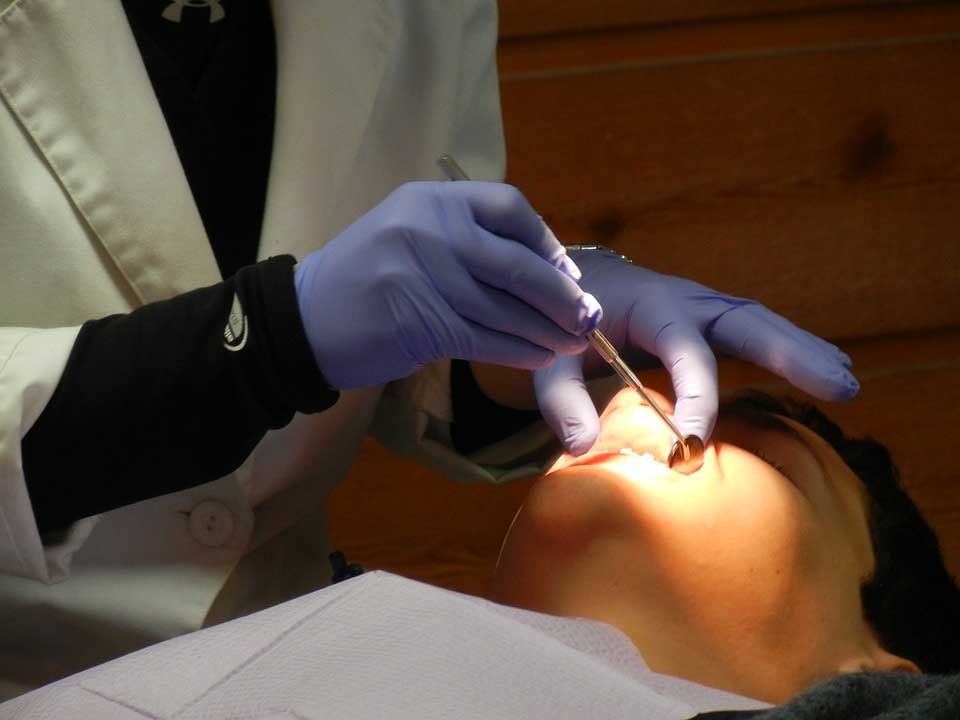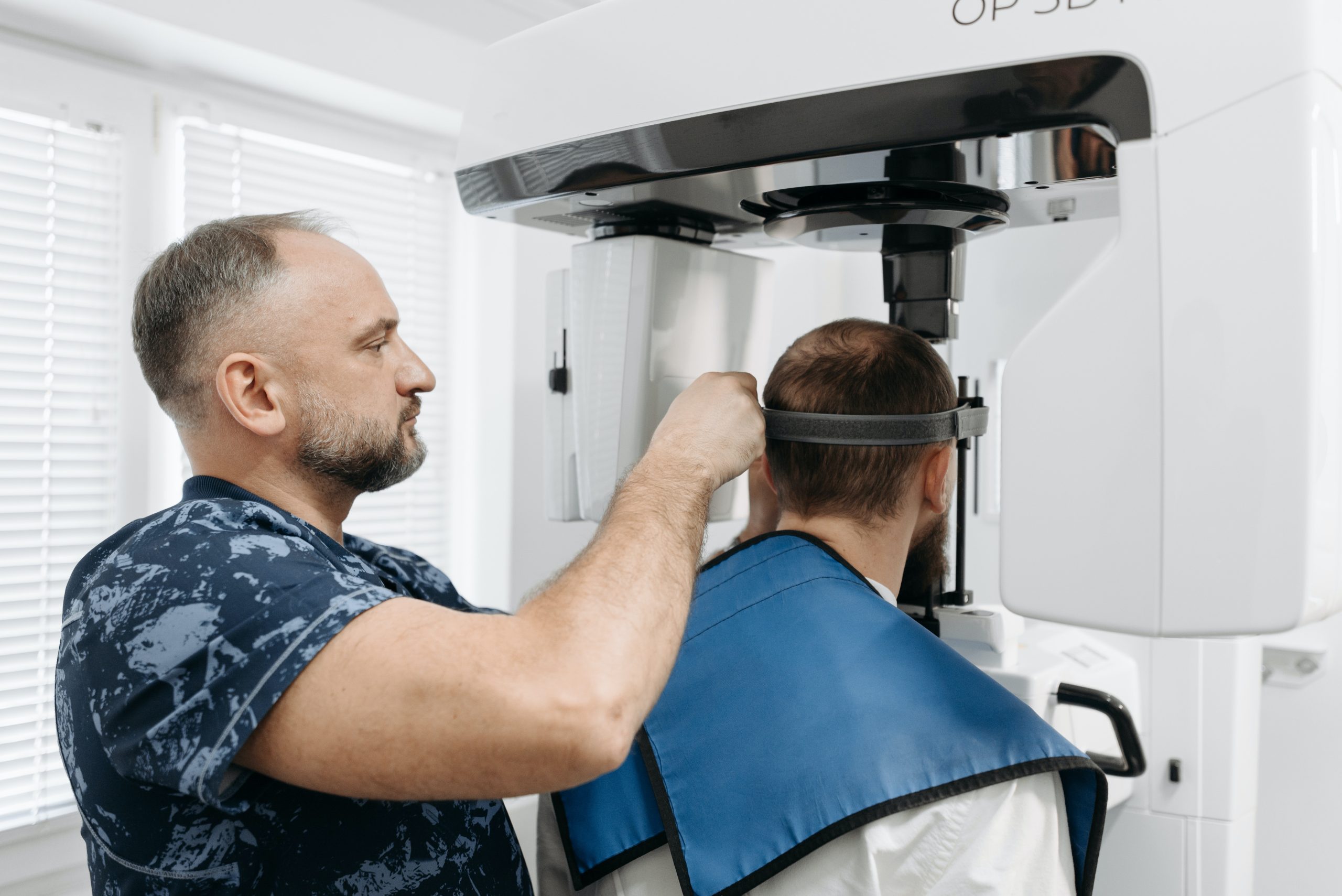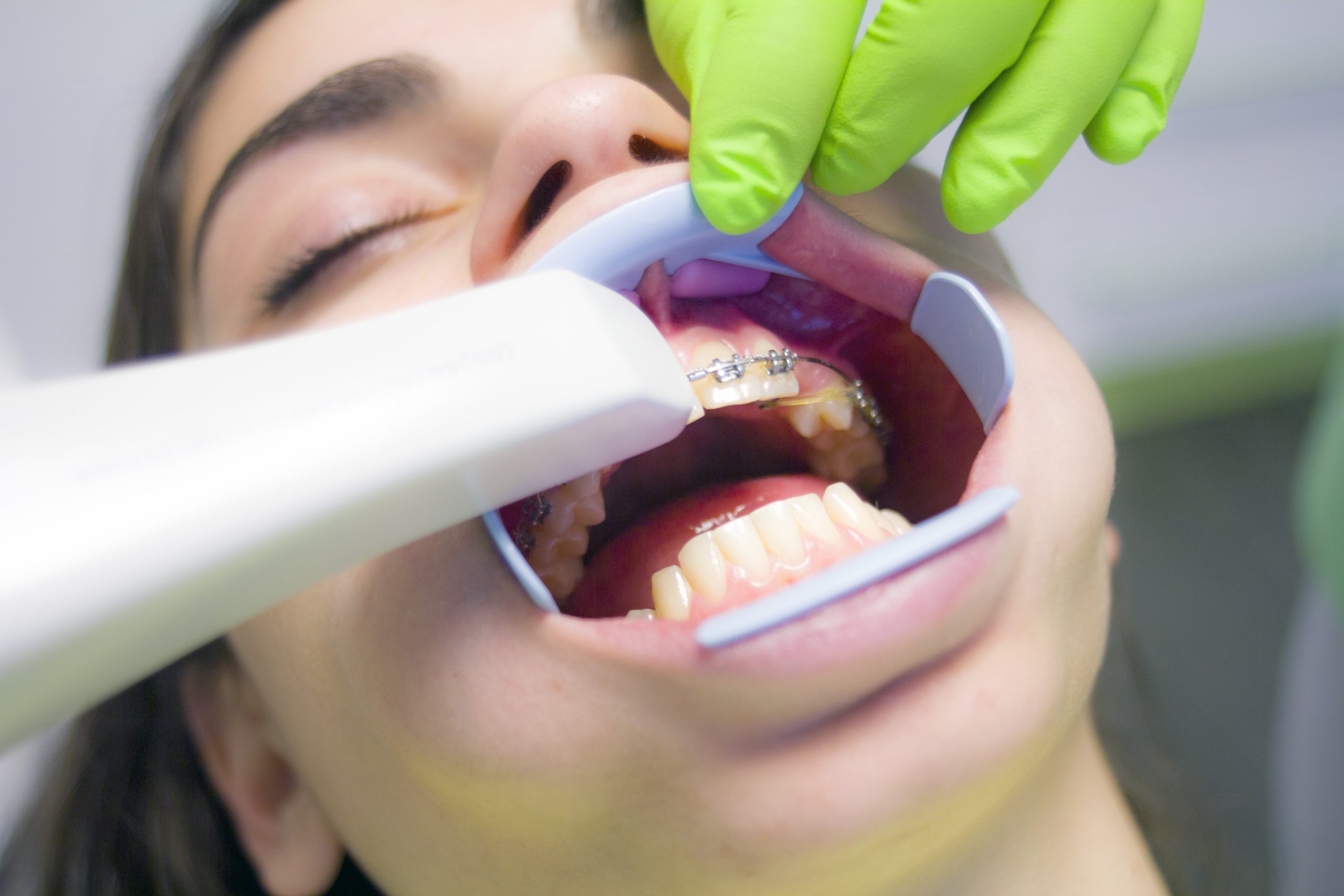
What You Should Know About Dental Implant Complications and Failure
People have long been concerned about the issue of tooth loss, but dental implants are a brand-new, revolutionary solution. According to Healthline, despite the high success rate of dental implants, some people experience implant failure. It is estimated that 5 to 10% of dental implants will fail immediately, months, or years after the procedure. That’s why proper implant aftercare is crucial to prevent implant failure and other potential problems. Below is what you need to know about implant failure and other potential problems.
How Does Implant Aftercare Affect the Success of Dental Implants?
Dental implants are surgically inserted metal posts that support dentures or other tooth replacements by being placed in the jawbone. The dentist will attach a replacement tooth to the implant after it has been set in place.
In the dental implant procedure, the broken or missing teeth are replaced with prosthetic teeth that look and function exactly like natural teeth, and the tooth roots are replaced with metal posts that resemble screws.
Dental implant surgery can be a welcome alternative in situations where the lack of natural tooth roots prevents the use of dentures or bridgework to replace missing teeth. You should go now to get yours done.
What Conditions Might Arise After Dental Implant Surgery?
According to the Cleveland Clinic, implants are deemed safe, and there is only a 5% possibility that you will reject your implant. Your dentist can manage these risks, which are typically minor, but a few complications can arise.
Dental implants may experience issues like:
- Disease close to the implant
- Damage to blood vessels, teeth, or other tissues
- Pain-producing, numbing, or tingling nerves
- Problems with the sinuses (for instance, where the implant is placed in the upper jaw)
The entire dental implant process, which may take several months, may involve tooth extraction, preparation, implantation, healing, and restoration placement. To maximize your chances of a quick recovery and successful bone fusion of the implant with your natural bone, you must take certain precautions.
You have a greater likelihood of experiencing complications if you:
- Regardless of age, are unhealthy, Use tobacco products or smoke
- Possess a persistent disease, such as diabetes, leukemia, or another
- Received radiation therapy in the past
- Follow your dentist’s aftercare recommendations loosely.
- Take medication contrary to instructions.
Important details: We advise contacting your dentist if you experience infection symptoms, unusual swelling, pain, or trouble speaking or chewing after your implant procedure. Or find a walk in dentist in Jacksonville FL.
Understanding Dental Implant Failure: How Implant Aftercare Can Help Identify Symptoms
Their survival rate frequently determines the success of dental implants. Implant failure is probably due to a complex process, like surgical trauma, bone growth, or a lack of sufficient or poor-quality bone. There are many reasons why dental implants fail, including warning signs to look out for.
Furthermore, it is critical to spot a failing implant as soon as possible to avoid persistent alveolar bone loss, which might make it more difficult to replace the failed implant with a new one and could impact the aesthetic outcome of the area.
If you experience early or late-stage dental implant failure, complications could result. Examples comprise:
- Experiencing inflammation, gum recession, and difficulty chewing
- An implant or a tooth replacement becomes loose due to increased swelling, excruciating pain, or other discomfort
- Upkeep of implants
Aftercare
Following the surgeon’s aftercare recommendations is the best way to ensure a dental implant’s success.
Patients should stick to a soft diet for at least a few days after dental implant surgery and avoid eating or drinking anything hot while still numb. Like a person’s natural teeth, an implant and the surrounding tissues require routine cleaning. One should use interdental brushes to get to harder-to-reach areas and, at least once a day, floss the area once the gums have recovered.
Additionally, regular dental cleanings and exams should be scheduled in advance. Smokers may want to consider quitting as doing so will reduce their risk of experiencing complications from DIS. Check to see location to find the one near you.
Conclusion
Dental implants can fail for several reasons despite having an extremely high success rate. You can take preventative measures to improve your chances of success by being aware of the potential risks. This entails choosing a qualified surgeon, treating gum or bone problems before surgery, and practicing good oral hygiene before and after surgery.














